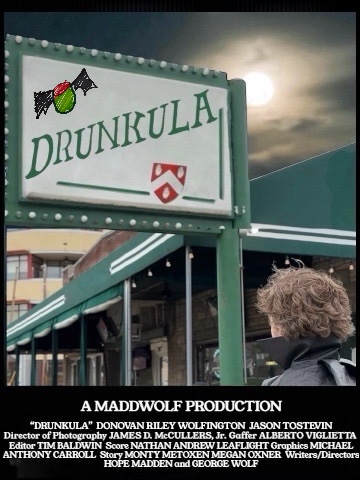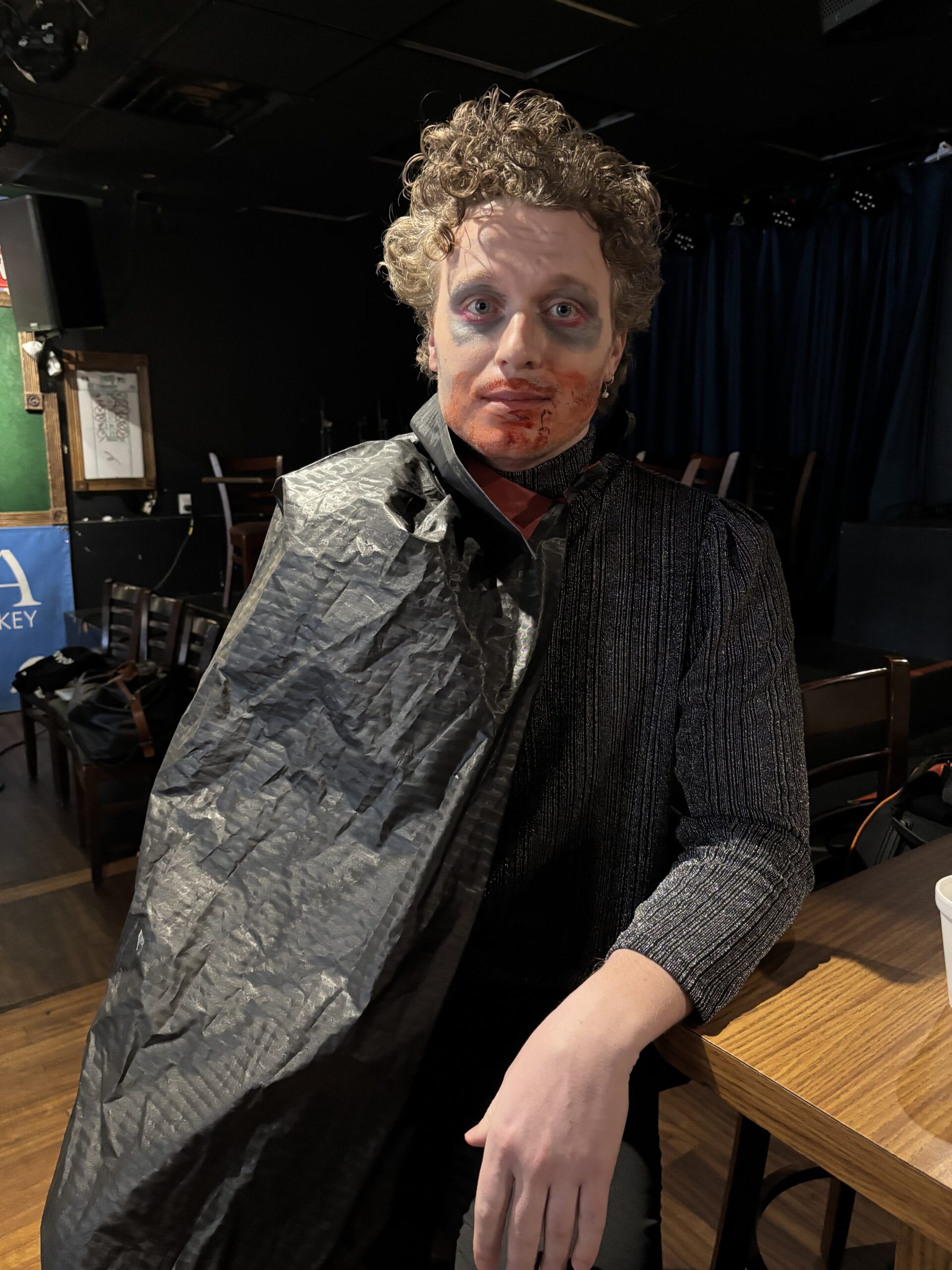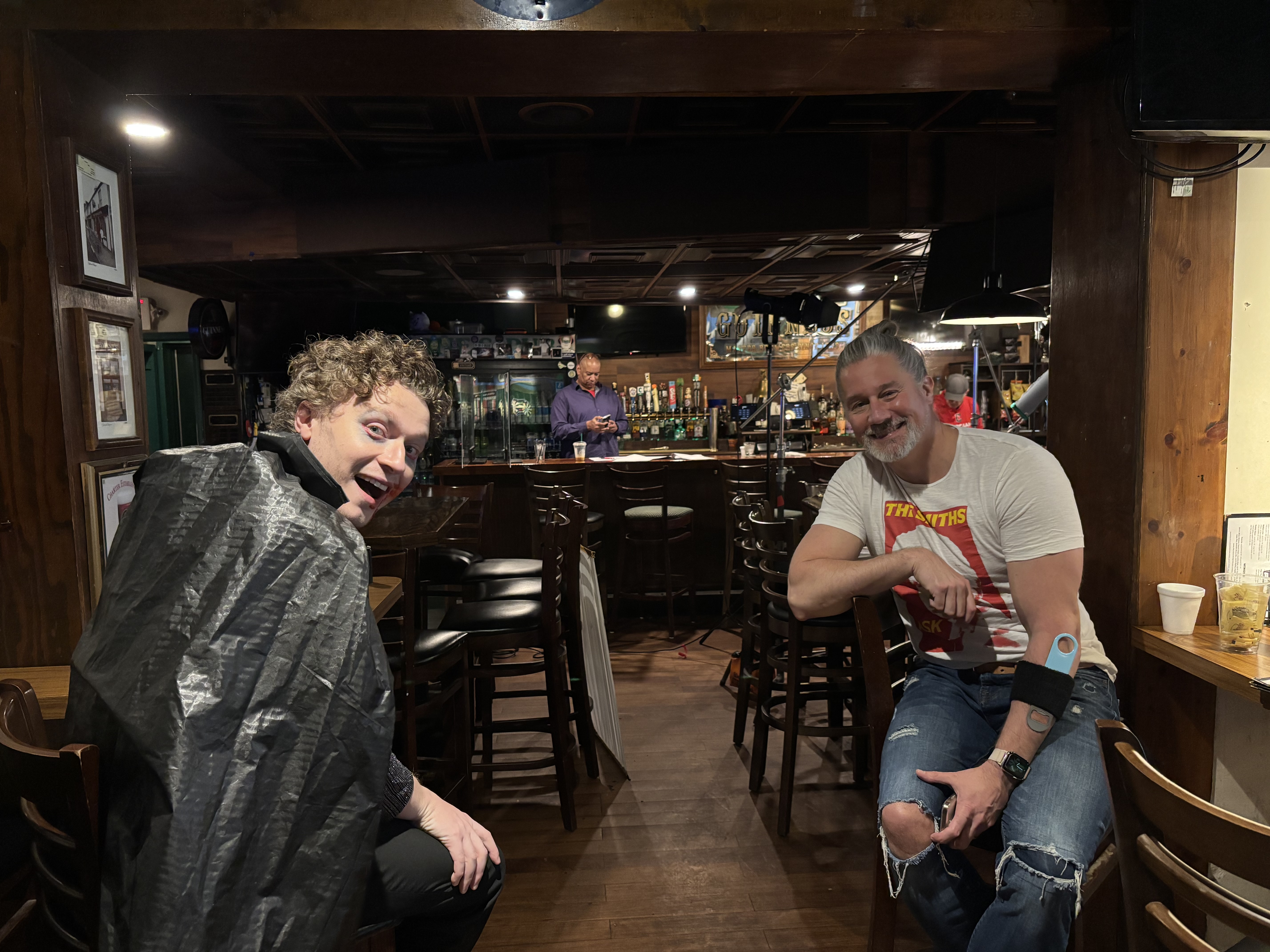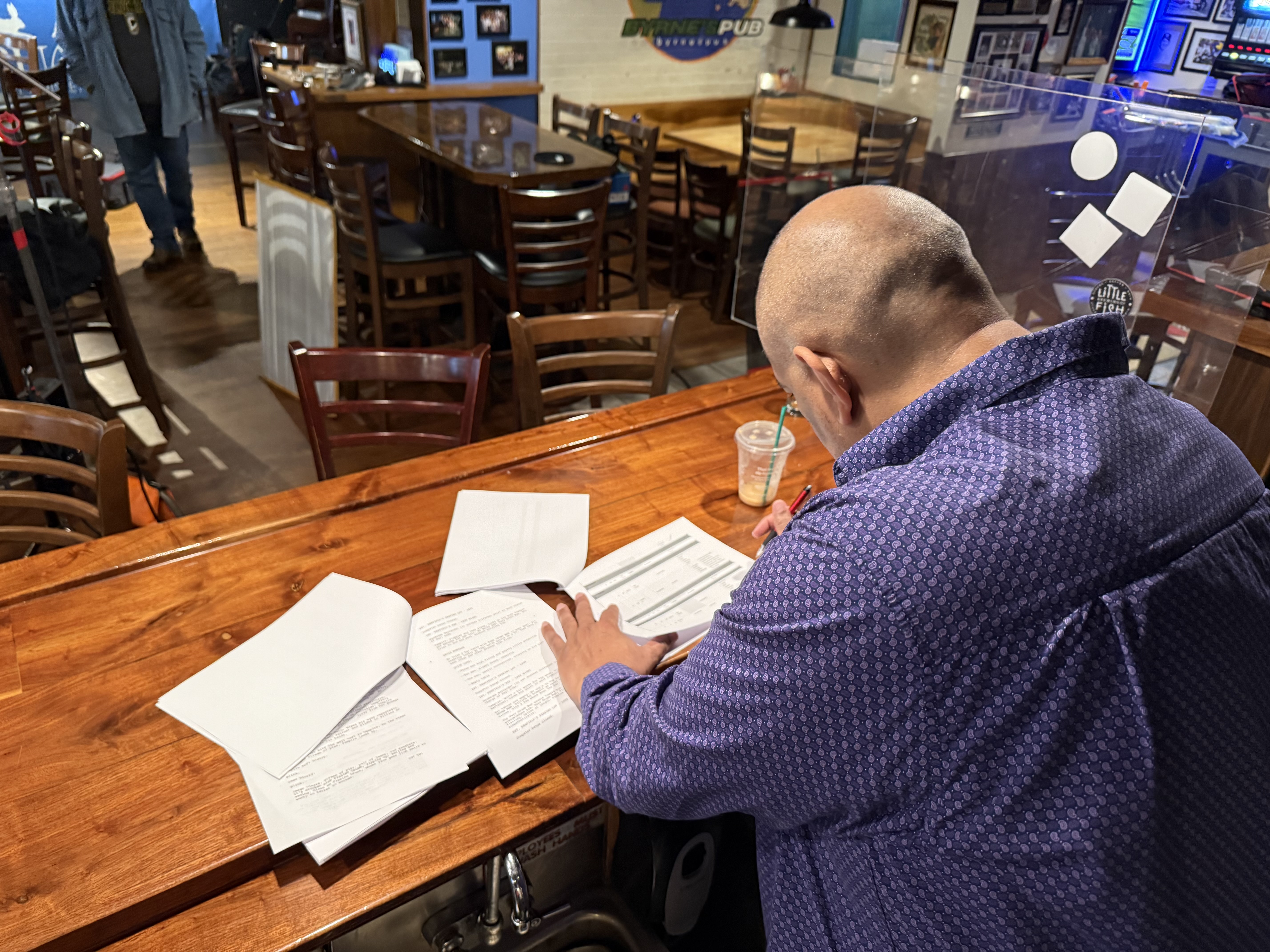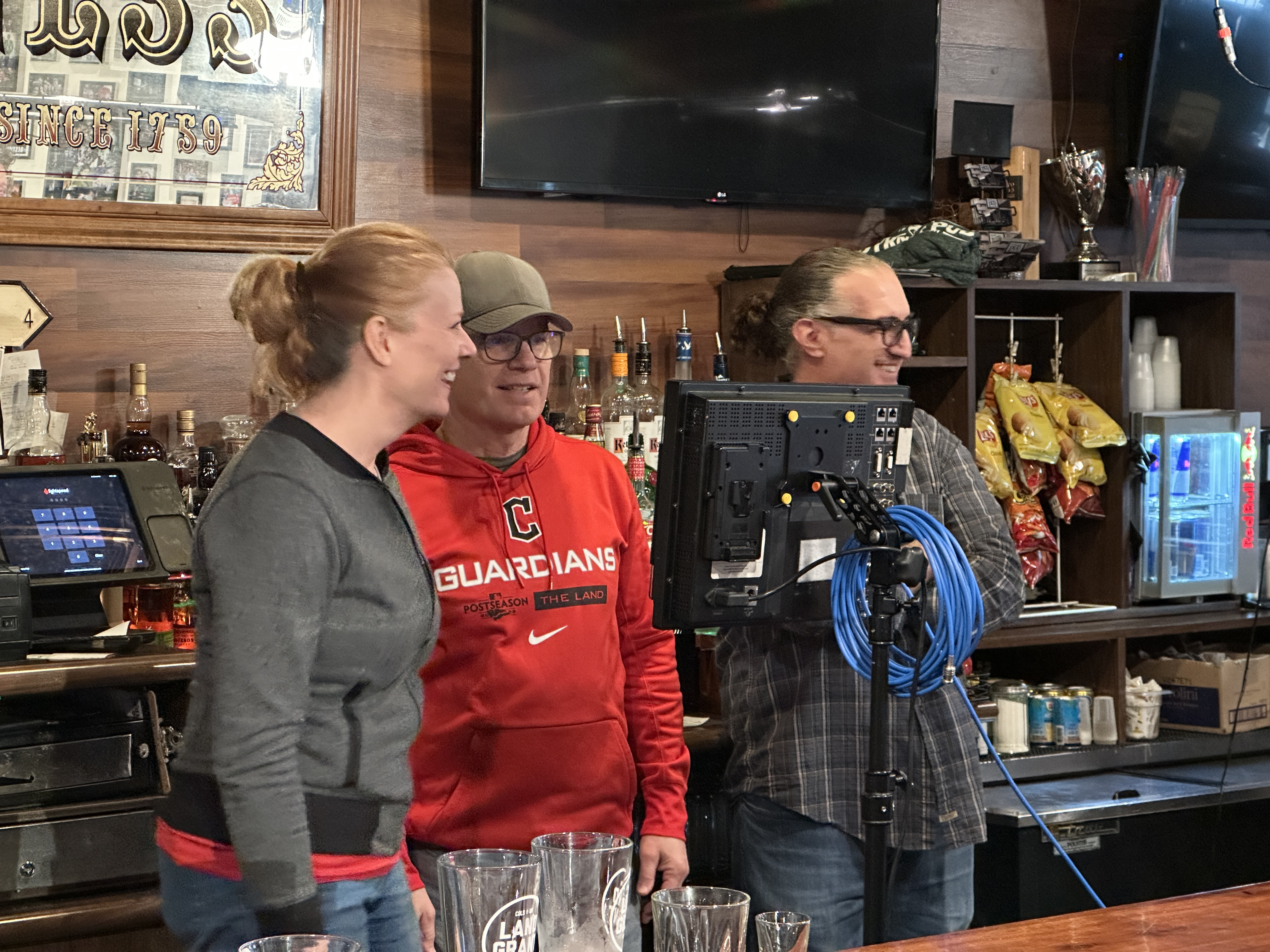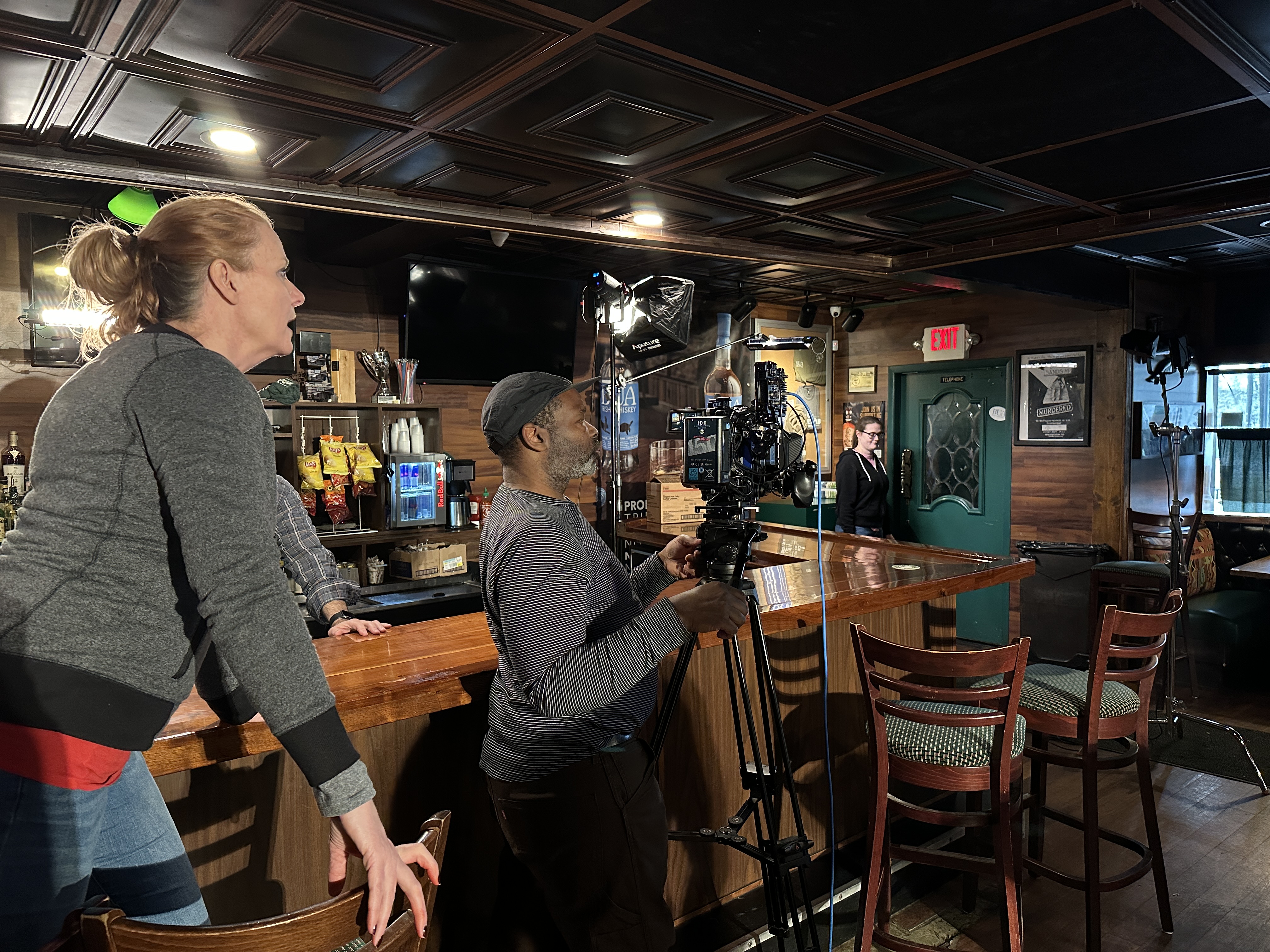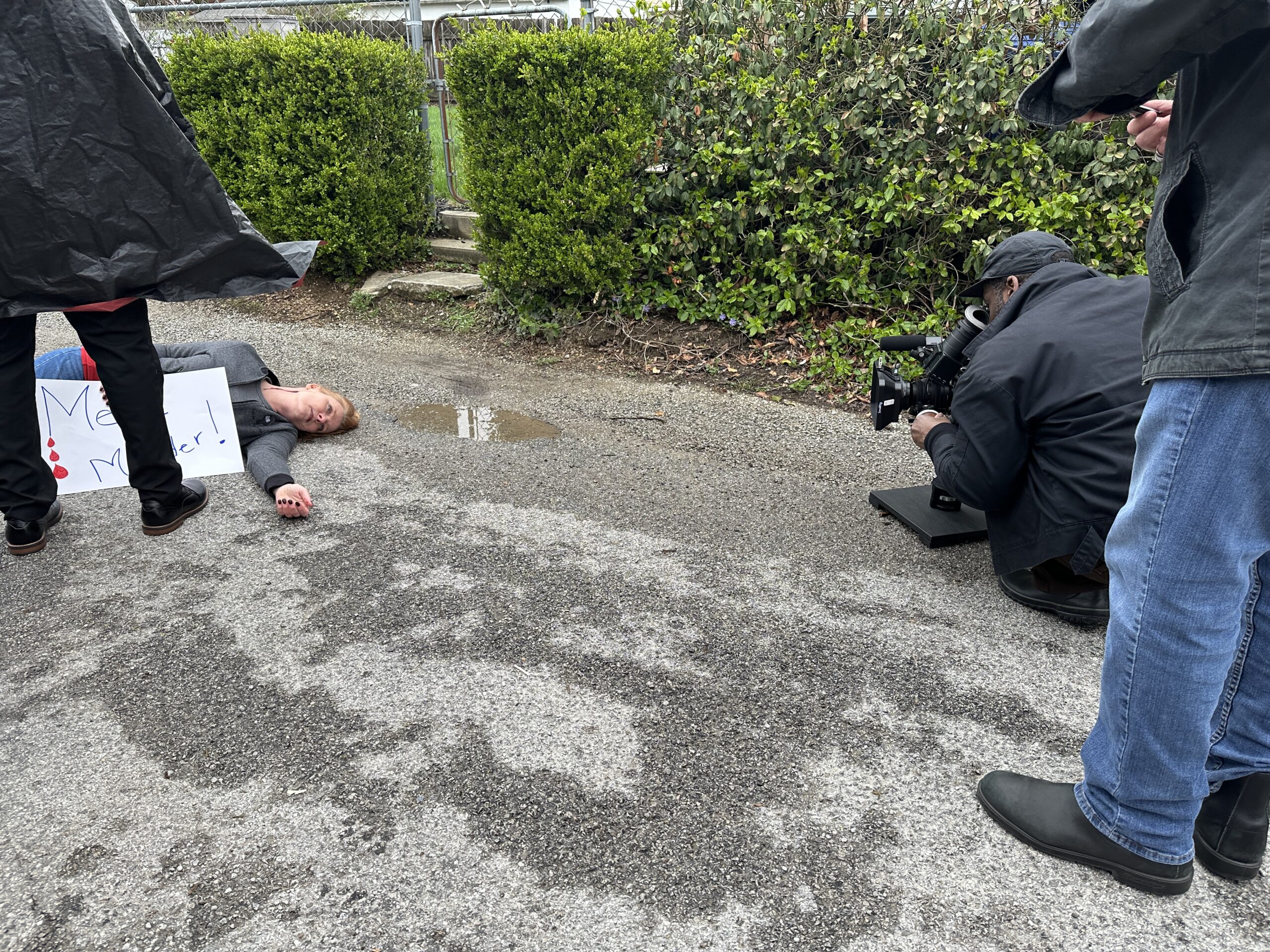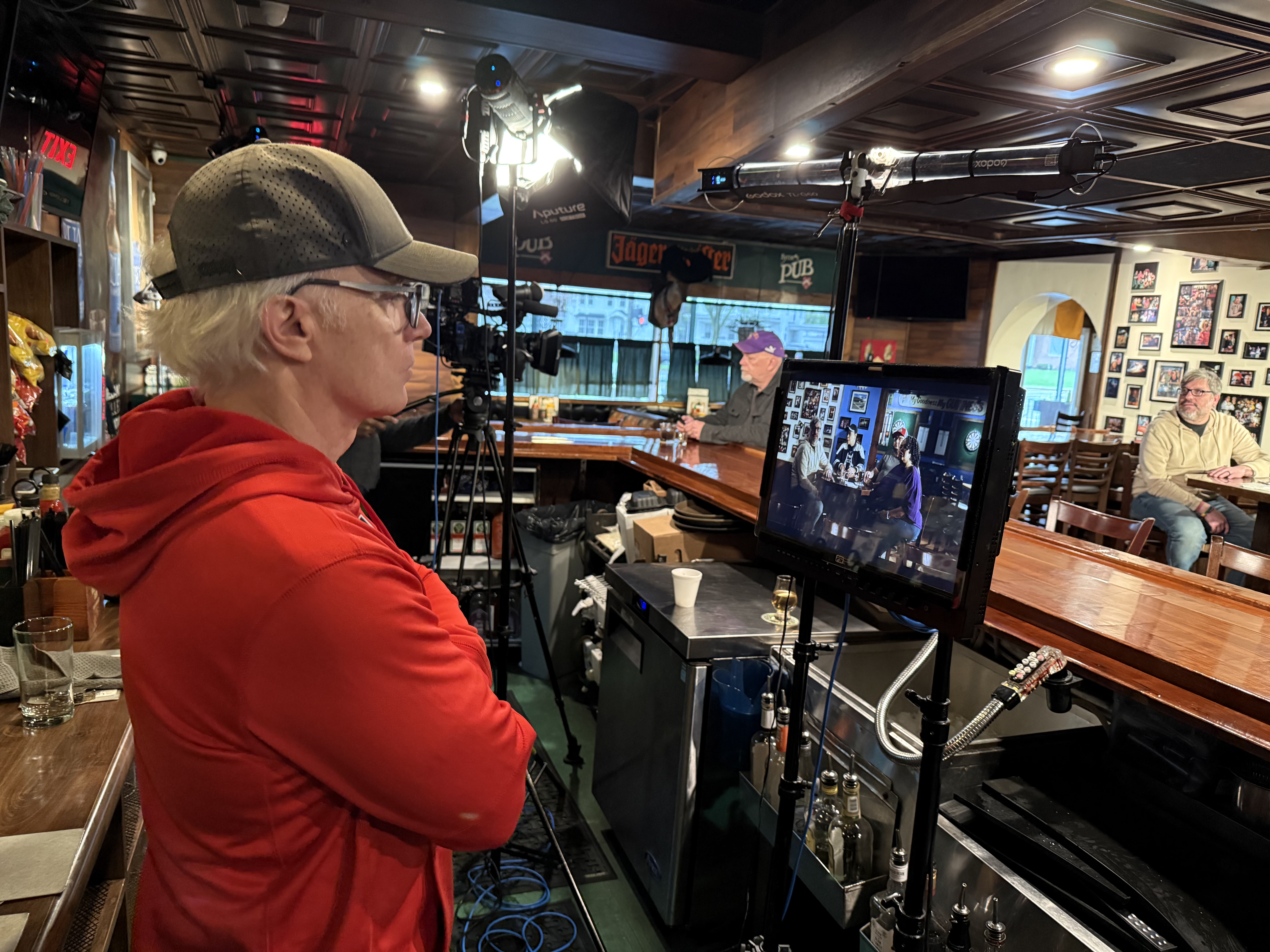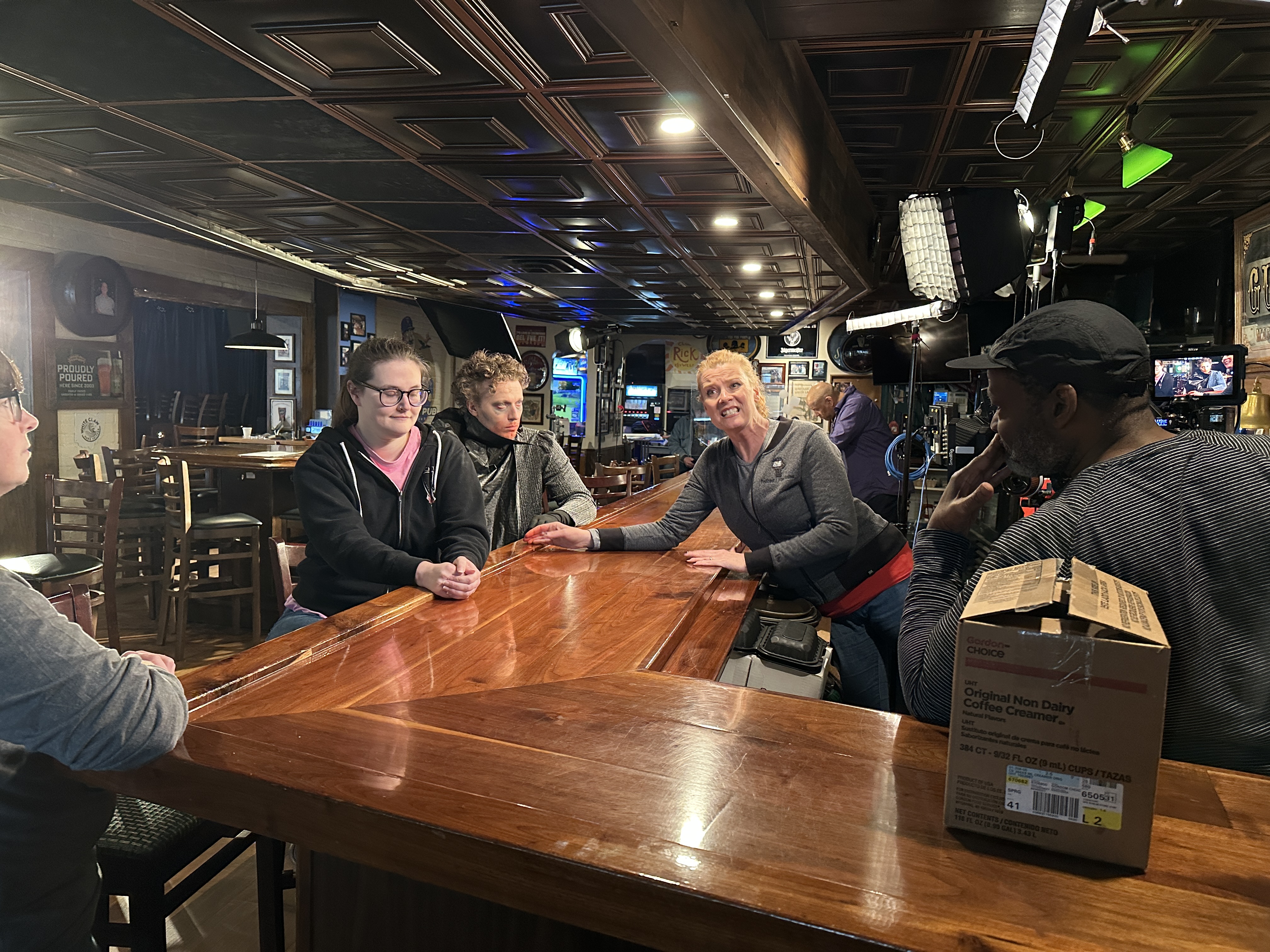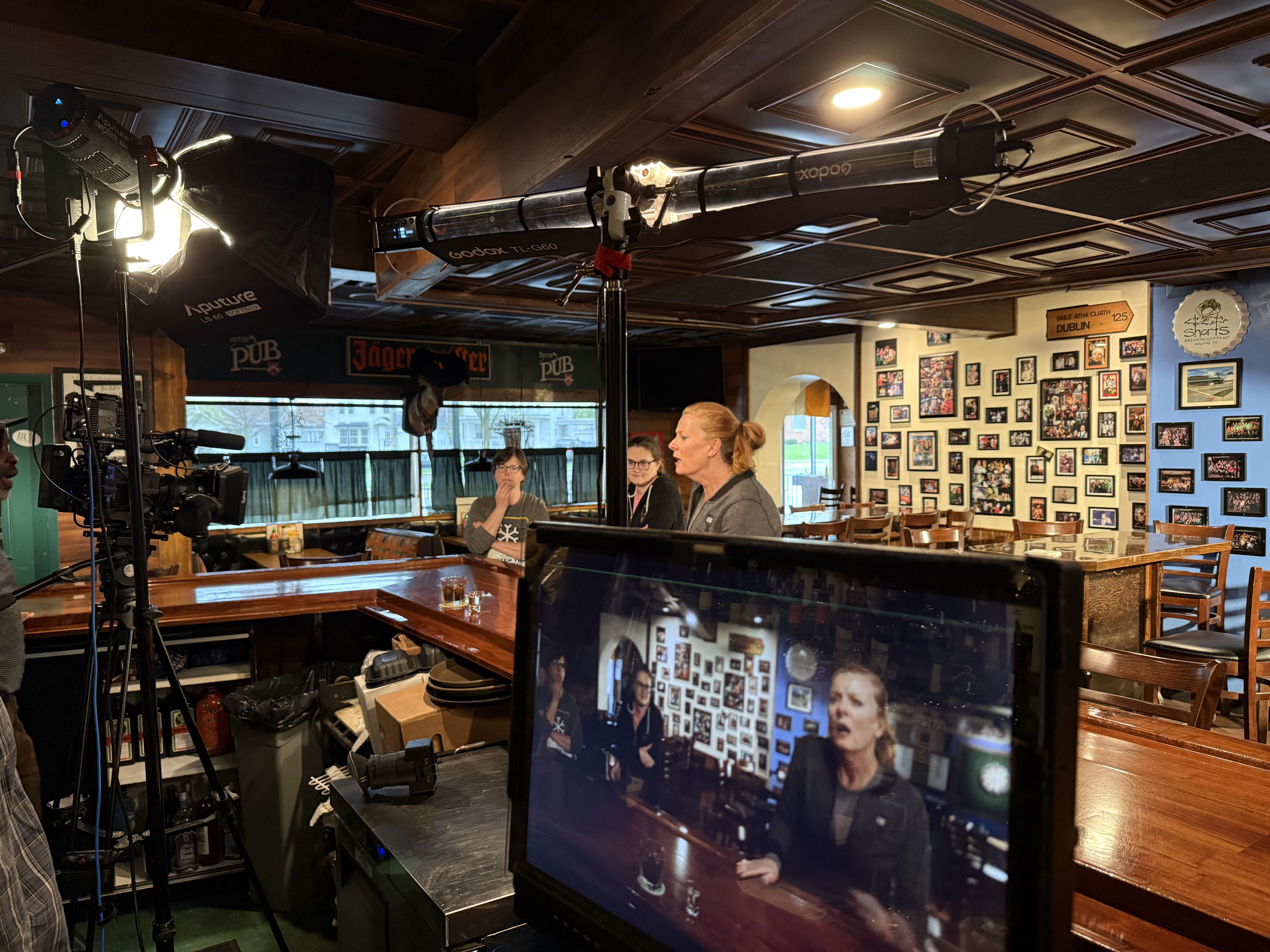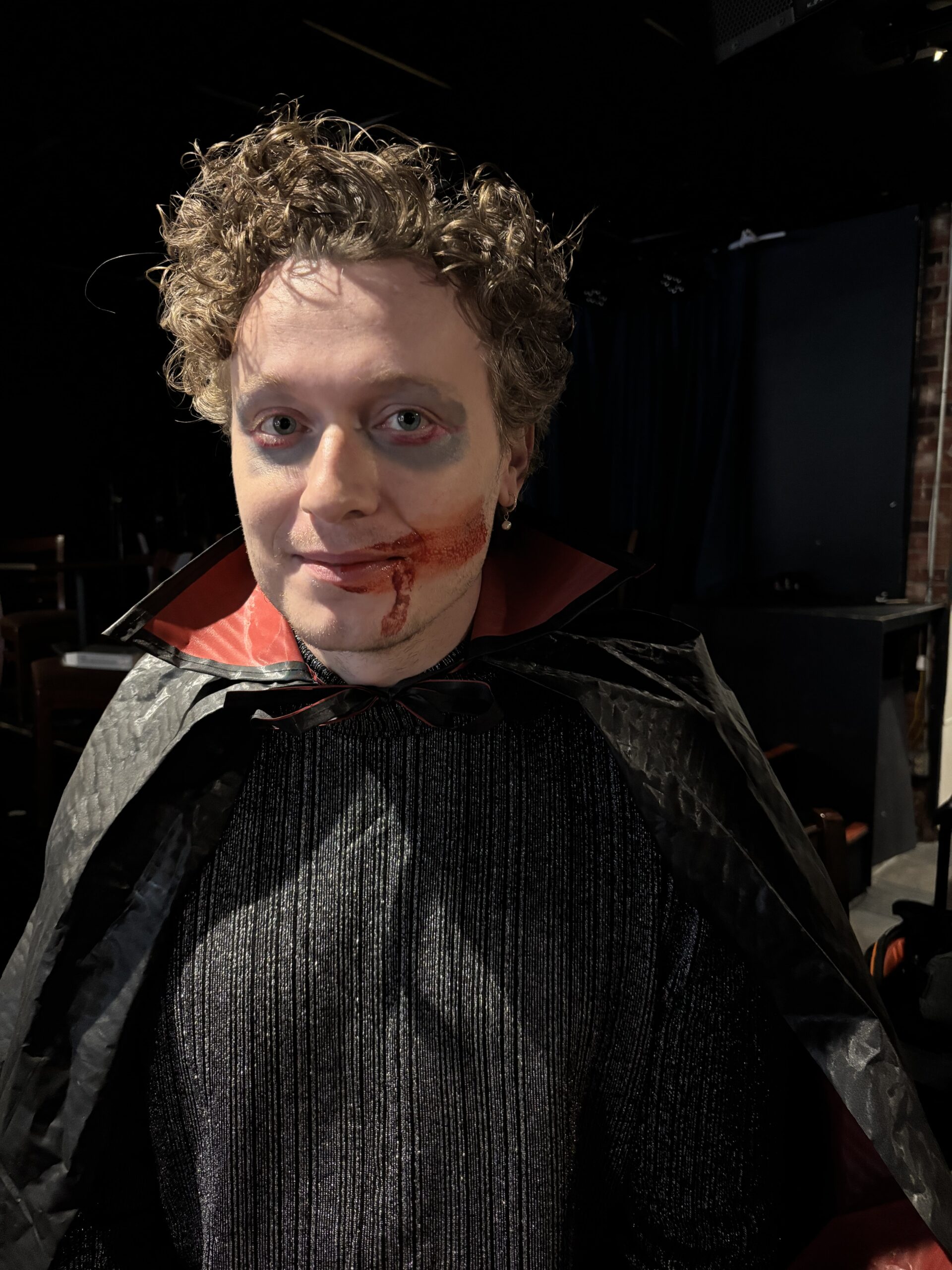It’s Never Over, Jeff Buckley
by Rachel Willis
Director Amy Berg (Janis: Little Girl Blue) paints an intimate portrait of songwriter Jeff Buckley in her documentary, It’s Never Over, Jeff Buckley.
Berg understands her subject and skillfully weaves the story of Buckley’s life, which is bookended by tragedy.
Buckley’s mom (Mary Guibert) opens up about the tumultuous early years of Jeff’s life. With a father who abandoned his six-month pregnant wife, Buckley had no relationship with a man to whom he would draw comparison in later life.
Buckley’s biological father was singer/songwriter Tim Buckley, and as Jeff started to make a name for himself, those constant comparisons would wear on him. Berg artfully navigates these early years of Jeff’s career while he struggled to distance himself from his absentee father.
Berg weaves archival footage into the film, often using recordings of Buckley to invigorate interviews with Jeff’s friends and family. The footage helps the audience to know the person to whom everyone has such touching words.
Unfortunately, there are times when the film drags a bit as it becomes repetitive. A lot of similar ground is trod over the course of the film’s runtime, and Berg doesn’t bring anything new to the genre of music documentary.
It can also be hard to watch people talk about events in hindsight, particularly when the subject of such conversation is unable to weigh in on those opinions. There is speculation of Buckley’s mental state, perhaps that he suffered from bipolar disorder and psychosis. While this may be true, it’s difficult to judge the truth of someone’s memories 20 years on. It’s Buckley’s haunting cover of Leonard Cohen’s Hallelujah that plays over the words of those who speak of Jeff after his death. It is undeniably an exquisite cover and a fitting tribute to a life cut tragically short.











